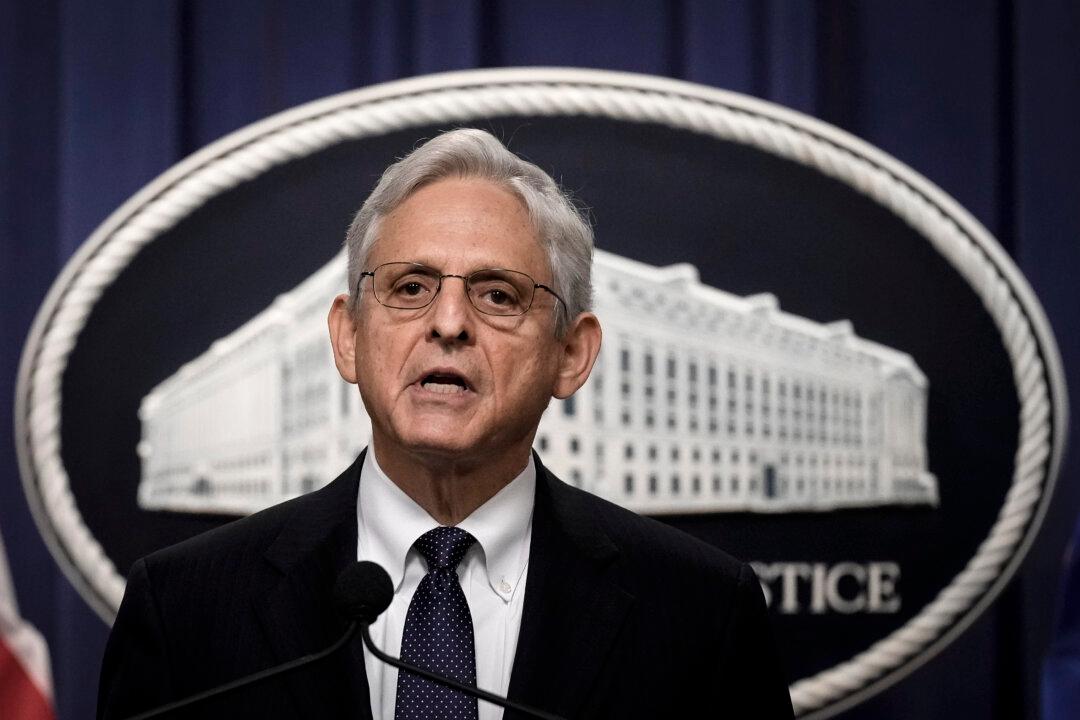News Analysis
The manifold legal moves undertaken against former President Donald Trump, including the FBI’s Aug. 8 raid on his home in Mar-a-Lago, Florida, the Jan. 6 hearings, and the investigation of his business dealings led by New York Attorney General Letitia James, break from long-established protocol about not prosecuting presidents after they leave office and are likely to benefit Trump’s standing among supporters in the long term, legal experts say.





